Delayed Onset Muscle Soreness
Physical therapy is a valuable tool for rehabilitation and recovery from injuries or surgeries. While it can bring numerous benefits, one common occurrence that may follow a therapy session is delayed onset muscle soreness (DOMS).
What is Delayed Onset Muscle Soreness (DOMS)?DOMS refers to the muscle discomfort experienced 24 to 72 hours after engaging in strenuous or unfamiliar physical activity. It is believed to result from microscopic damage to muscle fibers during exercise, leading to inflammation and subsequent soreness. While DOMS can be uncomfortable, it is generally a normal response to exercise and does not indicate a serious injury.
How Sleep Affects Your Physical Therapy Outcomes
Physical therapy is often associated with exercises, stretches, and manual therapy, but one important aspect that shouldn't be overlooked is sleep. Sleep plays a vital role in the body's healing process and can significantly impact the outcomes of physical therapy.
Exercise and Arthritis
Living with arthritis can be challenging, with symptoms like joint pain, stiffness, and limited mobility affecting daily life. However, research has shown that exercise can play a significant role in managing arthritis symptoms and improving overall quality of life. In this blog post, we will explore how exercise can benefit individuals with arthritis, backed by scientific evidence
PT for Low Back Pain
Low back pain is a prevalent condition that affects millions of people worldwide. It can be caused by various factors such as poor posture, muscle imbalances, injuries, or degenerative conditions. While medication and rest may provide temporary relief, physical therapy has emerged as a highly effective and long-lasting solution for individuals struggling with low back pain. In this blog post, we will explore how physical therapy can play a crucial role in managing and alleviating low back pain.




